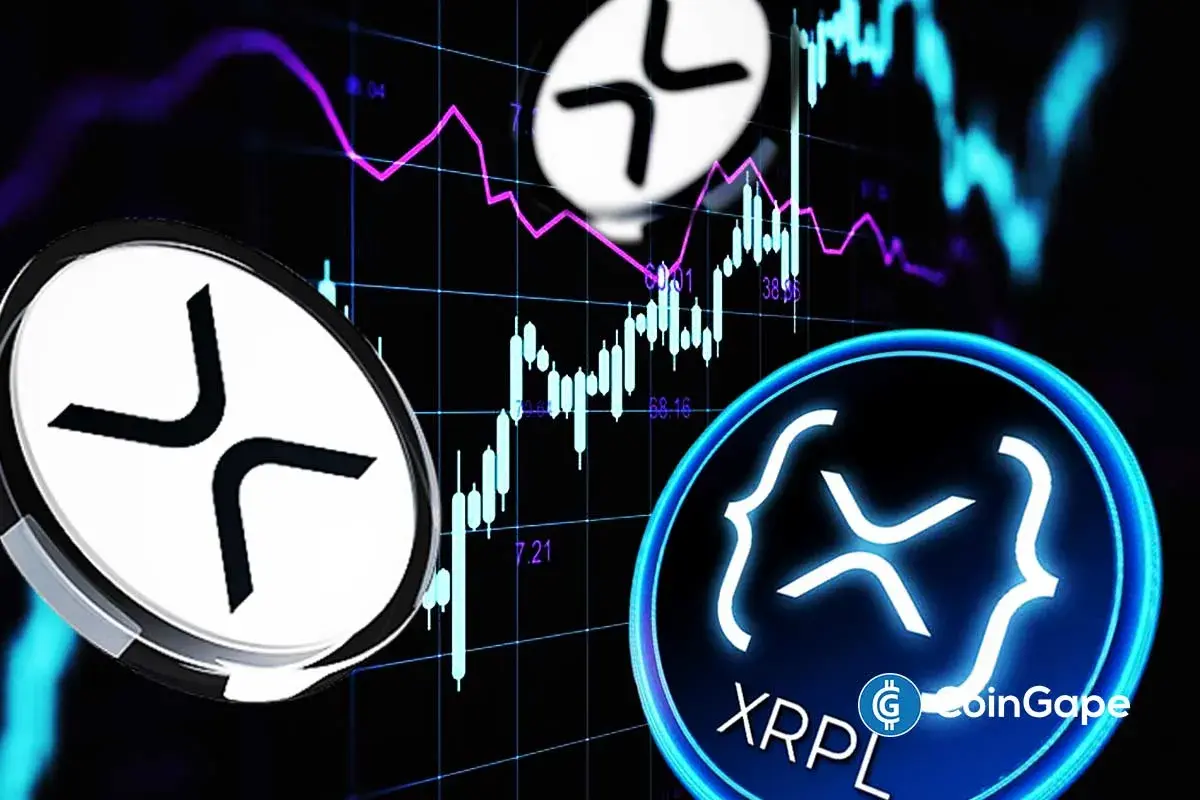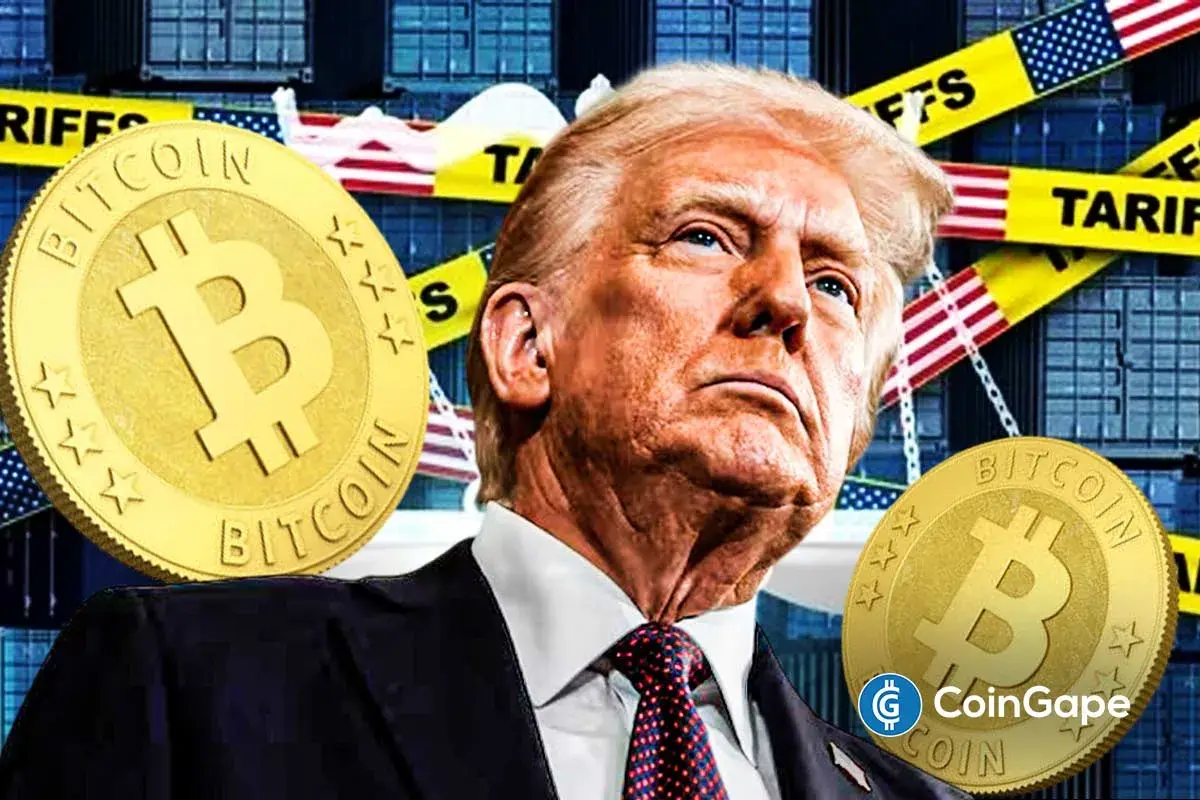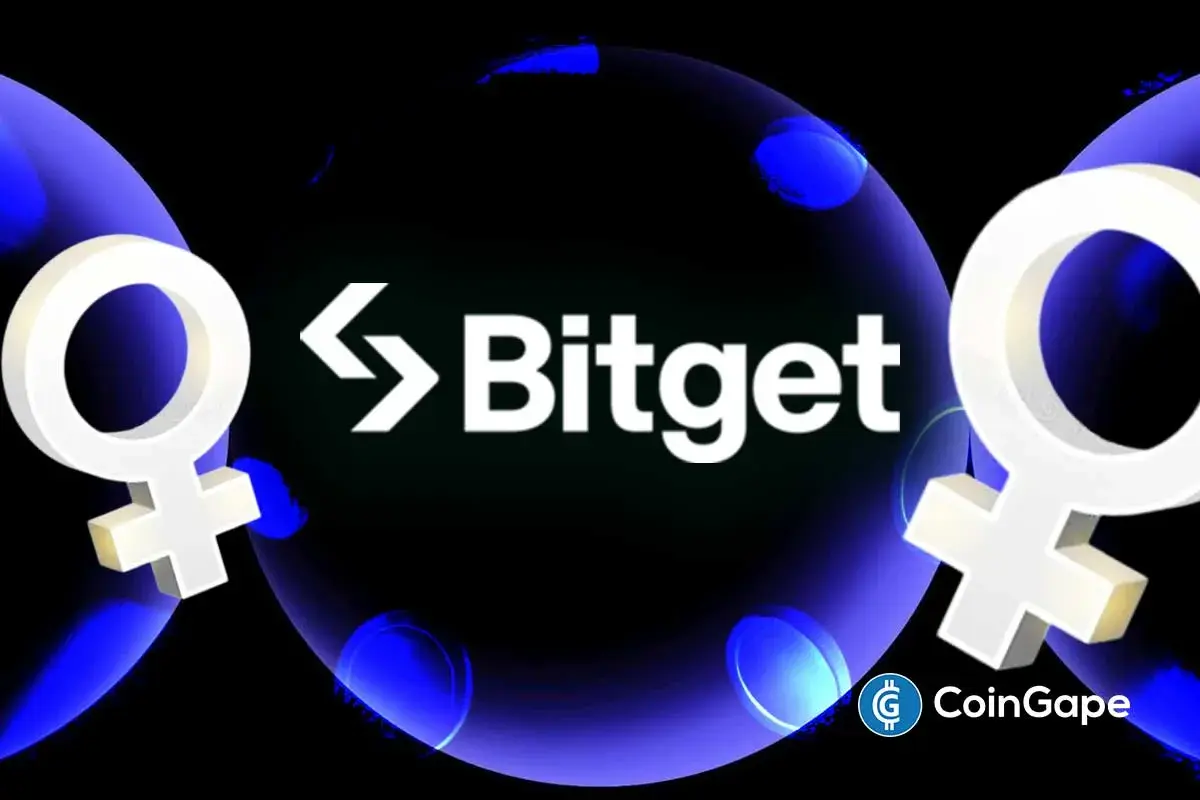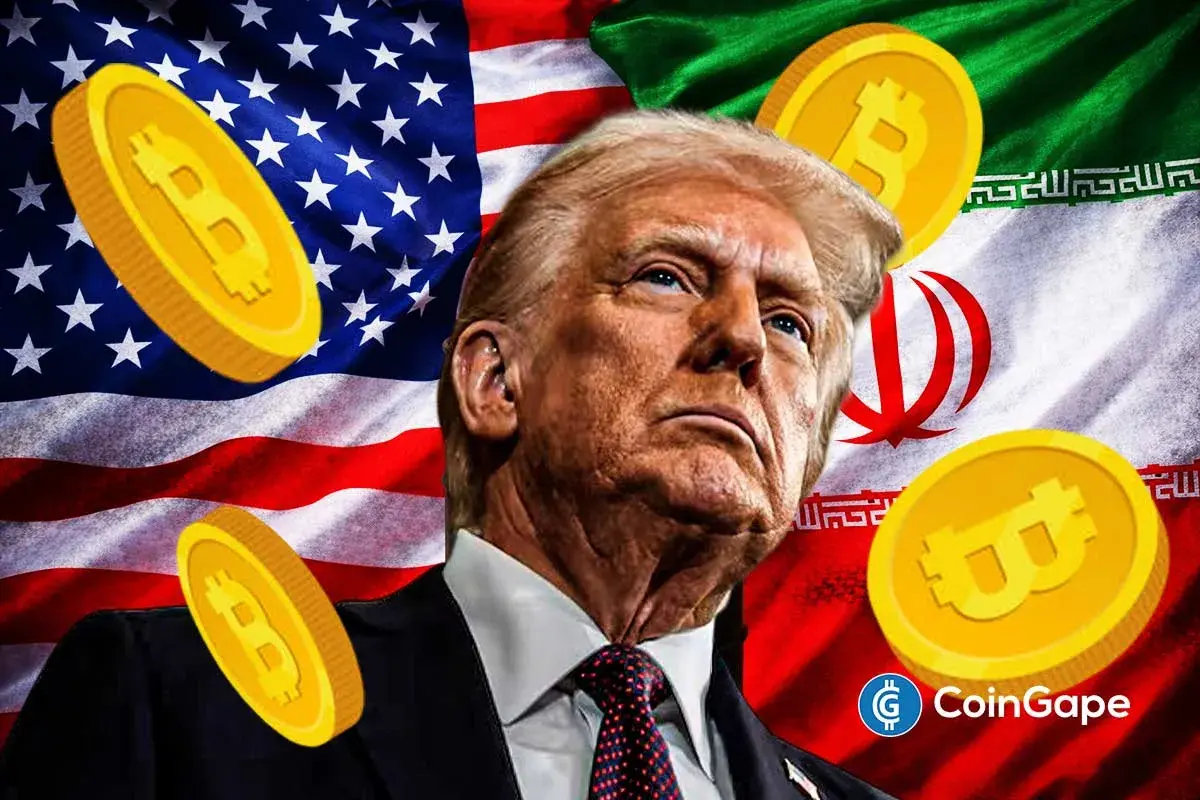US Congress Agrees To a $900B COVID-19 Stimulus Deal, What’s Next For Bitcoin?
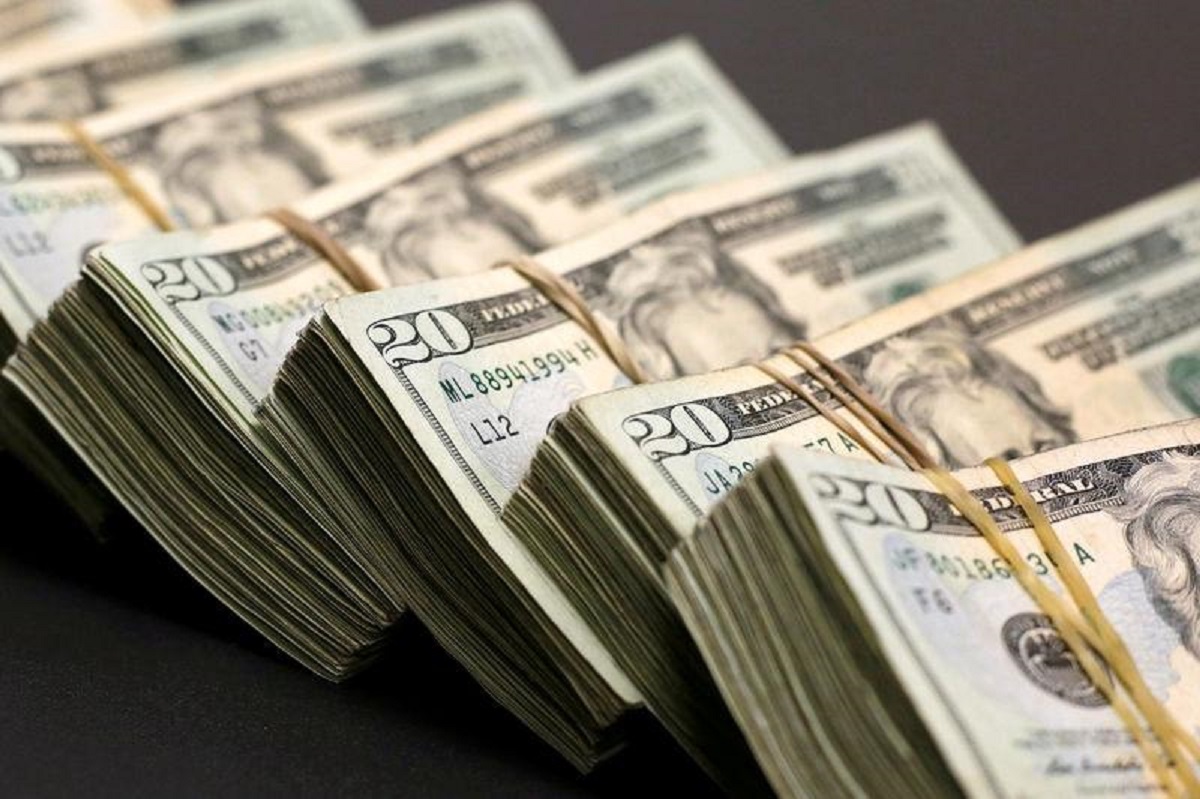
After months of negotiation impasse, the United States (US ) Congress has agreed to a US$900 Billion COVID-19 stimulus deal for the benefits of Americans. According to a report by CNBC, the new stimulus package was agreed upon by Congress on Sunday according to Senate Majority leader Mitch McConnell and Minority Leader Chuck Schumer.
The Second US COVID-19 Stimulus Deal Finally Sees The Light of Day
The first round of stimulus checks was delivered much earlier in the year and the checks saw each benefitting Americans cash out $1,200 each. Since the first round of stimulus checks were issued, the COVID-19 pandemic has neither slowed down in its rate of spread nor has it helped the already strained economic activities in the United States and around the world.
This prompted lawmakers to initiate talks to provide a second stimulus check but the plan to do so has been marred by dissenting positions on what the new stimulus package should entail from both the Democrats and Republicans. With worsening COVID-19 cases, the lawmakers from the US Congress have now finally buried their hatchets and millions of Americans are set to benefit from this newly agreed stimulus deal.
“The American people have a great deal to celebrate in this legislation. But of course, the agreement we reached is far from perfect,” Schumer said on Sunday.
In the new deal, each benefitting adult will receive $600 and also an additional $600 for each child. The stimulus funds also include about $284 billion reserved for the Paycheck Protection Program (PPP) amongst others.
What’s in it For Bitcoin?
The recent rally in the price of Bitcoin which lead the premier digital currency to record its all-time high above $24,000 was partly boosted by the first COVID-19 stimulus checks that were issued both to households and businesses.
This boost that leads to the increment in Bitcoin price is like a chain reaction beginning with the printing of more fiat currencies to fund the stimulus deals, and this more money printing resulted in the devaluation of the currencies, a situation that makes the case for Bitcoin (BTC) to be embraced by institutional investors as a better store of value than the United States Dollar.
On the other hand, many beneficiaries of the first round of stimulus checks reportedly invested their shares into purchasing Bitcoin, further helping to drive the growth Bitcoin has recorded. These key moves including more institutional embrace owing to dollar devaluation and more retail investment into bitcoin may benefit Bitcoin more in the long term
But Why is Bitcoin (BTC) Price Down Today?
The price of Bitcoin appears not to be intrigued by the stimulus deal emanating from the US as the coin is down by over 3% in the past 24 hours with price trading at $22,719 at the time of writing according to CoinMarketCap.
The weekly RSI charts as highlighted by many Bitcoin analysts was already way above 90 and indicated a major fall in prices and is still above 80.
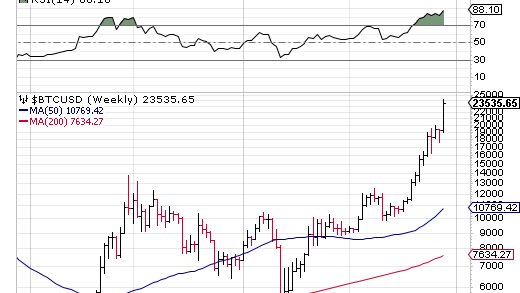
While this current bearish price action can be attributed to investors still pushing to make gains from the Bitcoin market bull run, Bitcoin’s mid and long-term moving average is bullish according to TradingView, hence, the drop in Bitcoin price should be subsumed by gains in the coming days.
Play 10,000+ Casino Games at BC Game with Ease
- Instant Deposits And Withdrawals
- Crypto Casino And Sports Betting
- Exclusive Bonuses And Rewards

- Peter Brandt Flips Bullish, Predicts Bitcoin Rally As Price Holds Above $70k
- XRP News: Institutional Use Case Expands as Doppler Finance Integrates WXRP for Multi-Chain Access
- Trump Tariffs: Bitcoin Faces Fresh Headwinds as 15% Global Tariffs Begin This Week Amid Iran War
- Bitget Unveils ‘Crypto Anti-Bias Pledge’ To Support Women’s Inclusion In Crypto
- U.S.-Iran War: Crypto Market Rebounds as Iran Reportedly Reaches Out To U.S. To End Conflict
- Dogecoin Price Outlook as BTC Recovers Above $73,000
- XRP Price Prediction as Iran-U.S. Peace Talks Trigger a Crypto Rally
- COIN Stock Analysis as Bitcoin Retests $72k Ahead of February NFP Data
- Robinhood Stock Price Prediction As Cathie Wood Buys $12M Dip in Bold ARK Move
- Bitcoin Price At Risk? Professor Who Predicted US-Iran War Says America Could Lose
- Gold Price Prediction March 2026: Rally, Crash, or Record Highs?

 Buy $GGs
Buy $GGs







